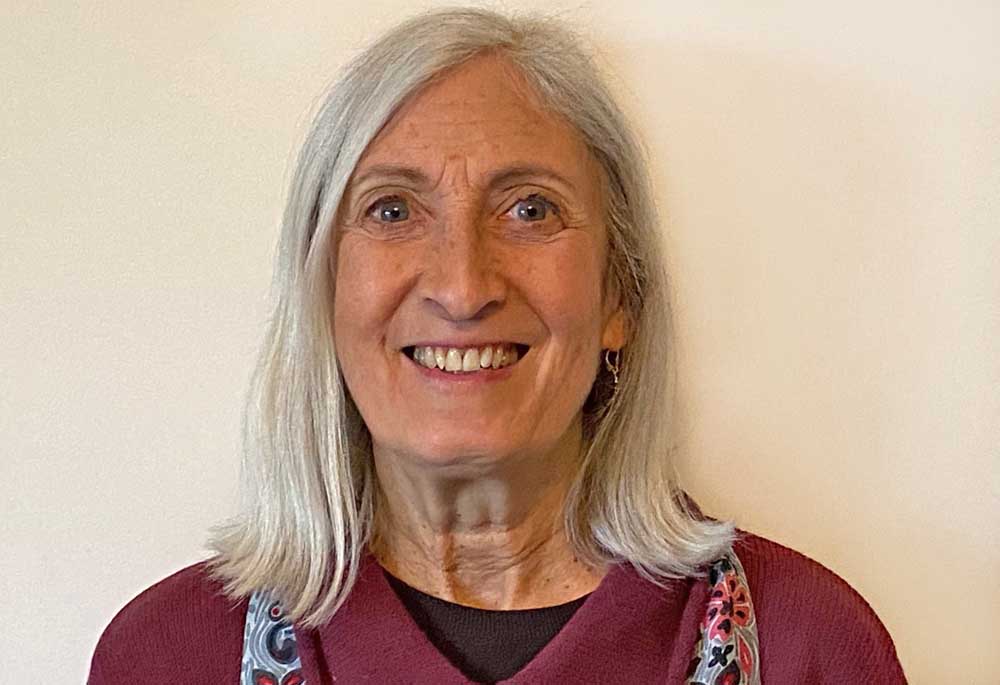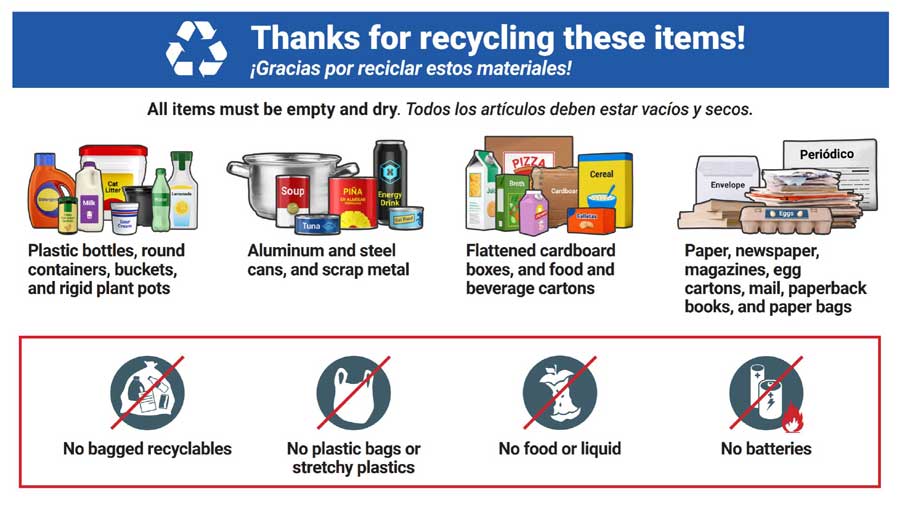AGING MATTERS: Naps may keep your brain from shrinking
Published 6:00 am Sunday, August 13, 2023

- Ellen Waldman
“To sleep, perchance to dream.”
— William Shakespeare
If you like to take a nap, you’re in good company — and for good reasons you may not even realize.
In the journal Neuroscience, June 25, 2023, an article stated that “habitual daytime napping could help preserve brain health and slow down the brain shrinkage that comes with aging.”
Who wouldn’t want that?
In addition, “researchers linked napping to larger total brain volume, a known indicator of brain health and dementia risk reduction.” The research team estimated that the average difference in brain volume between people programmed to be habitual nappers and those who were not was equivalent to 2.6 to 6.5 years of aging.
Some countries have been known for their daytime “siestas” for decades, and it seems like it’s catching on here for older adults. Now, nearly a third of adults 65 or older take a regular nap.
We’re not talking about a 3-hour sleep-fest. In fact, naps of 30 minutes or less provide the best short-term cognitive benefits, and napping earlier in the day is less likely to disrupt night-time sleep.
After exercise, the next most important thing to prioritize is sleep, said Jessica Caldwell, director of the Women’s Alzheimer’s Movement Prevention Center at Cleveland Clinic.
We consolidate memory during sleep. So even if we’re not talking about a dementia risk, if you’re not sleeping, you will not remember as well as if you’re sleeping enough. Not enough sleep also means you won’t be giving your brain an optimal opportunity to clear out proteins that it doesn’t need. One of those is amyloid — the protein that builds up in Alzheimer’s disease.
Many older people report they don’t sleep well. They might have trouble falling asleep, staying asleep, or they snore when sleeping. If you want to take a free sleep assessment from Providence, see https://sleep.providence.org.
Providence offers a brochure called “Do you have a sleep disorder?” at https://tinyurl.com/mv5ec9dy.
One of the most common sleep disorders is sleep apnea, which literally means to stop breathing during sleep. Many people don’t realize snoring can cause significant health issues. Often it is a bed partner, family member or friend who notices the signs of sleep apnea: snoring, snorting and/or gasping for air. It’s an indication this person is not getting enough oxygen and the obvious problems that can cause.
Left untreated, sleep apnea may lead to several medical problems. Research has shown that people with sleep apnea may experience:
- Extremely loud, heavy snoring often interrupted by pauses and gasps
- Daytime sleepiness, sometimes leading to falling asleep at work, while driving or during conversation
- Decreased daytime alertness, loss of energy or constant fatigue
- Irritability, short temper
- Morning headaches
- Irregular heartbeat during sleep
- Forgetfulness
- Change in mood or behavior
- Decreased interest in sex
- Impaired on-the-job performance
- Increased rate of accidents when driving or operating equipment
- Heart abnormalities or hypertension
Most people can be helped once their condition is diagnosed. Often, doctors prescribe a device called a CPAP (continuous positive airway pressure). It is a machine that uses mild air pressure to keep breathing airways open while you sleep.
Here are two local sleep specialty clinics that can help. You’ll need to be referred by your primary care medical provider, and insurance will pay for most of these tests and equipment.
- Asante Sleep Specialists, 555 Black Oak Dr., Suite 300B, Medford, 541-789-8100
- Providence Medford Medical Center, Sleep Disorders Center, 1111 Crater Lake Ave., Medford, 541-732-5000
Taking a daily nap and using a CPAP, if needed, will make magic for your brain and your longevity. Sleep well.










